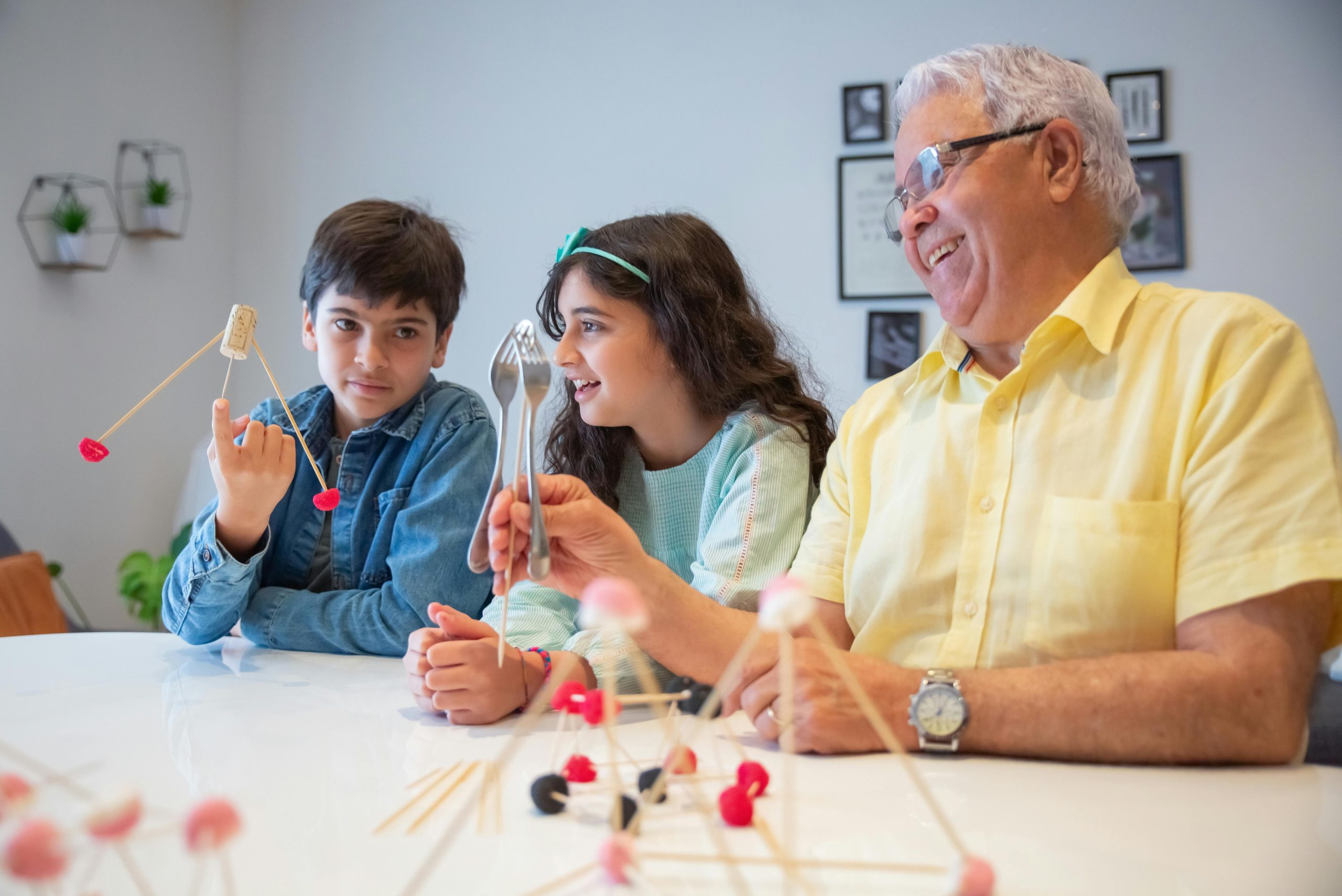In today’s fast-paced world, strong logic and problem-solving skills are more valuable than ever. Whether you’re a student, a professional, or simply navigating daily life, the ability to think critically and solve problems efficiently can set you apart. But what if you could sharpen these skills while having fun? Playful activities aren’t just for kids—they’re powerful tools for building cognitive abilities at any age. By engaging in games, puzzles, and creative challenges, you can enhance your reasoning, decision-making, and analytical thinking in an enjoyable way.
Why Play is Essential for Cognitive Development
Play isn’t just about entertainment—it’s a fundamental way our brains learn and grow. From childhood to adulthood, playful activities stimulate neural connections, encourage experimentation, and foster adaptability. When we play, we engage in trial and error, strategize, and refine our approaches, all of which are key components of problem-solving.
Benefits of play for logic and problem-solving:
- Encourages creative thinking: Play allows for open-ended exploration, helping us discover unconventional solutions.
- Builds resilience: Failing in a game or puzzle teaches persistence and adaptability.
- Enhances memory and focus: Many games require remembering rules, patterns, or sequences, strengthening cognitive functions.
- Promotes collaboration: Team-based play fosters communication and collective problem-solving.
Top Playful Activities to Strengthen Logic Skills
Ready to level up your problem-solving abilities? Here are some engaging activities that make learning fun:
1. Puzzle Games and Brain Teasers
Classic puzzles like Sudoku, crosswords, and logic grids are excellent for honing analytical thinking. These games require pattern recognition, deductive reasoning, and attention to detail. For a digital twist, try apps like Lumosity or Elevate, which offer personalized brain-training exercises.
2. Strategy Board Games
Games like chess, Scrabble, or Settlers of Catan demand foresight, planning, and adaptability. Chess, for instance, teaches players to anticipate opponents’ moves and strategize several steps ahead, directly translating to real-world problem-solving.
3. Escape Rooms and Mystery Games
Escape rooms—whether physical or virtual—challenge participants to solve a series of interconnected puzzles under time pressure. These immersive experiences improve teamwork, lateral thinking, and quick decision-making.
4. Building and Construction Play
Activities like LEGO building, block stacking, or even coding with robotics kits (like LEGO Mindstorms) develop spatial reasoning and systematic thinking. These hands-on projects encourage experimentation and iterative problem-solving.
5. Role-Playing and Storytelling Games
Games like Dungeons & Dragons require players to think on their feet, devise strategies, and navigate complex scenarios. Crafting narratives and making in-game decisions fosters creativity and logical reasoning.
How to Incorporate Play into Daily Learning
Making play a regular part of your routine doesn’t have to be complicated. Here’s how to seamlessly integrate playful learning into your life:
- Set aside dedicated playtime: Schedule short, focused sessions for puzzles or games to build consistency.
- Mix it up: Rotate between different types of activities to engage various cognitive skills.
- Challenge yourself: Gradually increase the difficulty of games to keep your brain stimulated.
- Play with others: Collaborative play enhances social skills and exposes you to new problem-solving approaches.
The Science Behind Play and Problem-Solving
Research supports the idea that play is a powerful learning tool. Studies show that playful activities activate the prefrontal cortex, the brain region responsible for executive functions like planning, decision-making, and self-control. Neuroplasticity—the brain’s ability to reorganize itself—is also enhanced through play, making it easier to develop and retain new skills.
Key findings:
- Children who engage in block play show improved math skills later in life.
- Adults who regularly play strategy games exhibit better problem-solving speed and accuracy.
- Play reduces stress, which in turn improves cognitive performance.
Conclusion
Building logic and problem-solving skills doesn’t have to feel like a chore. By embracing playful activities—from puzzles and board games to escape rooms and creative building—you can sharpen your mind while having a great time. Whether you’re looking to boost your professional abilities, support a child’s development, or simply keep your brain active, play offers a fun and effective path to cognitive growth. So, why not start today? Pick up a game, tackle a puzzle, or dive into a creative challenge—your brain will thank you!
